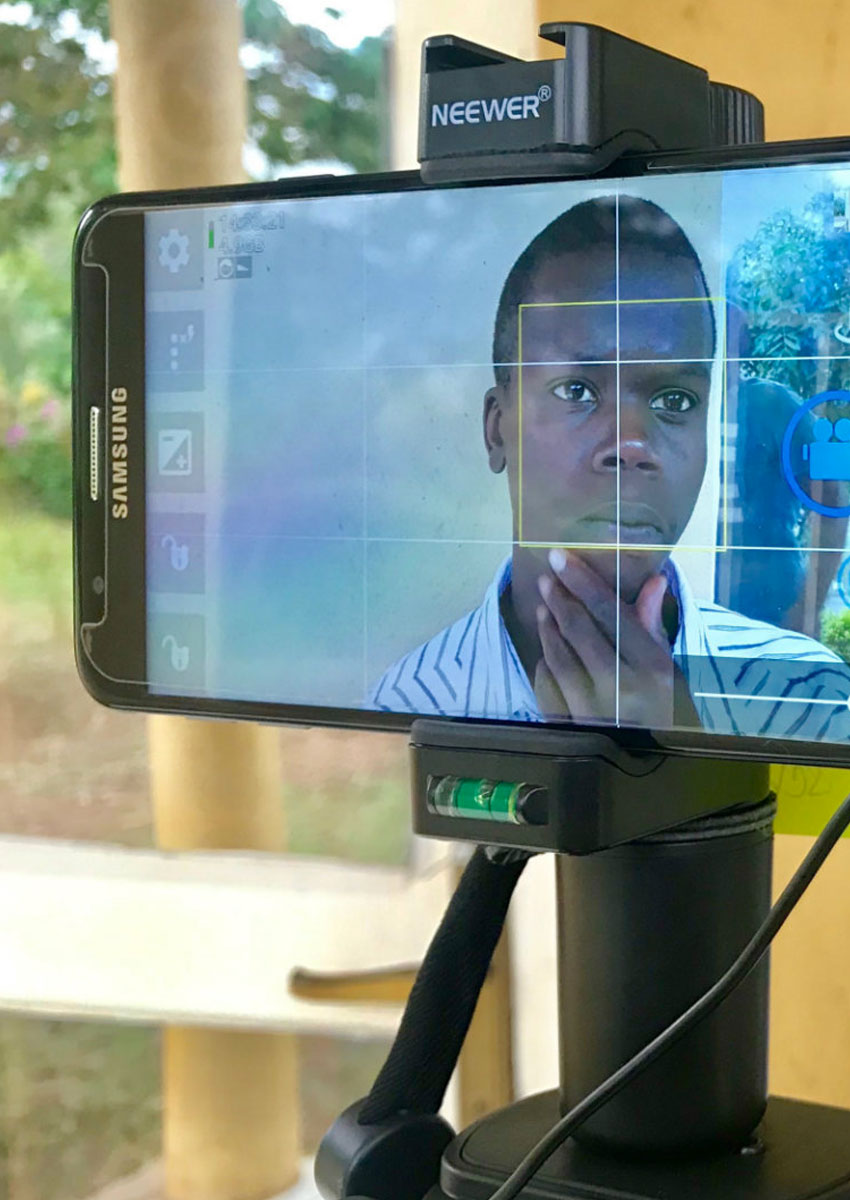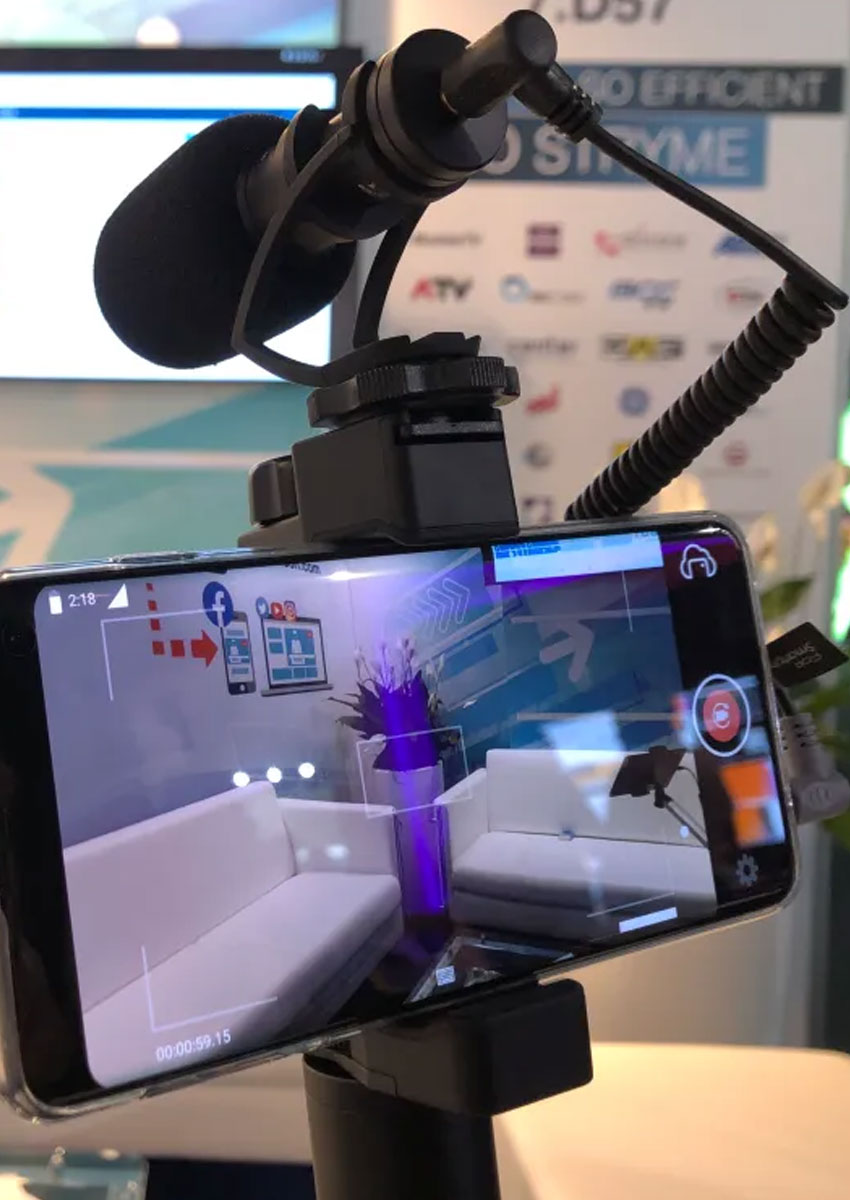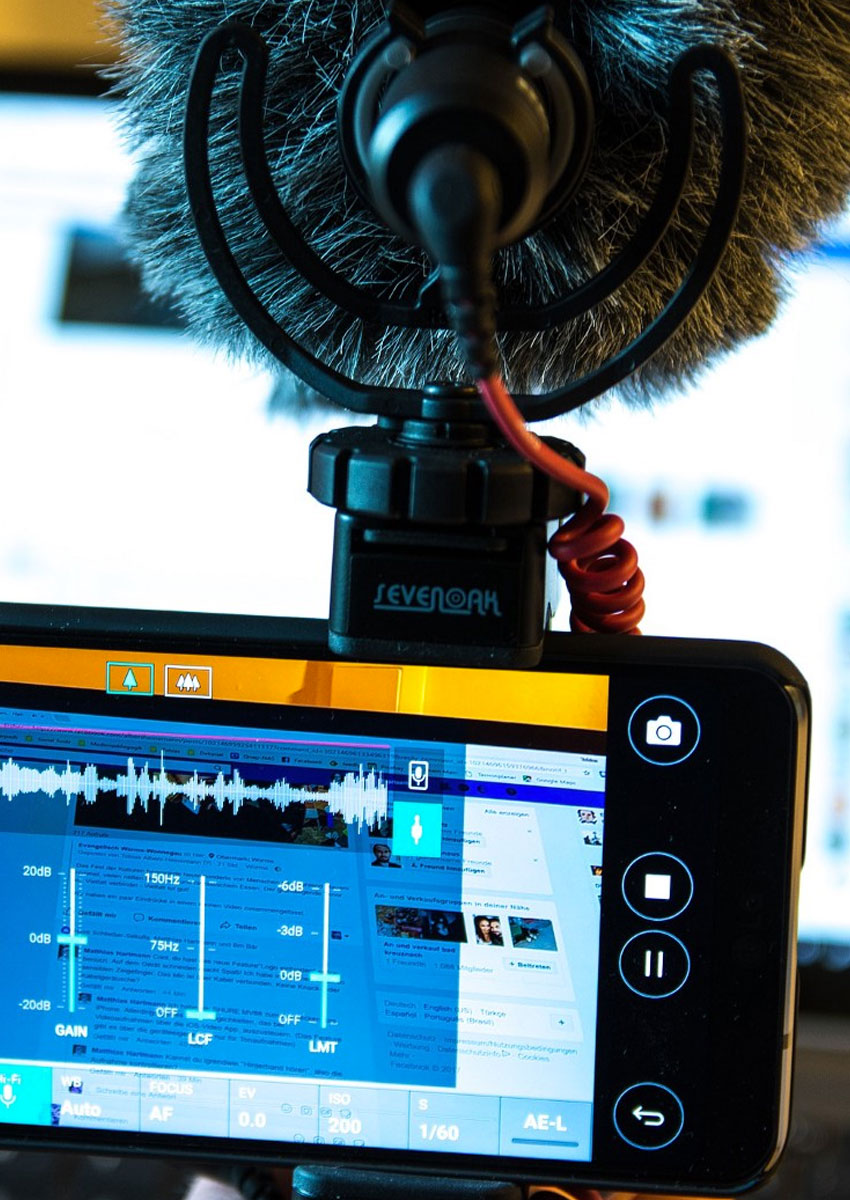
THE BIGGER PICTUREThe State of Online Media in Tanzania
- The Online Media Context
Online Media are registered platforms such as Blogs and Online TV11. Online Media differ from mainstream media along with one or more of the following dimensions: content, aesthetic, modes of production, modes of distribution, and audience relations. As a result, the online space has become a host for the digital homes of both traditional outlets and new, “born on the web” news outlets. In Tanzania, Online Media can be categories as
- Born Online – the online media that are privately owned with its entrance to the market is online (Media Entrepreneurs).
- Traditional media transitioning online – newspapers, radio & TV with physical distribution channels but now transitioning/adopting the internet as a secondary means of distribution.
- Government online services. The government ministries, local authorities, and agencies have digital footprints and use online channels to distribute their contents.

THE BIGGER PICTUREChallenges Facing Online Media in Tanzania.
- The Challenges
In Tanzania, the YEARBOOK on Media Quality 2019 reports that; “by March 2020, there were 183 radio stations (up from 98 in 2014), 43 broadcasting services (up from 36 in 2014), and 229 newspapers and magazines (up from 216 in 2018)”. A bird’s eye view of the country’s media sector reveals several political, legal, and regulatory challenges impacting democracy, freedom of expression, and good governance.
As the challenges facing the traditional Media are explained and the outcomes observed, it is clear that the Media does not live up to its potential. In its place, Online Media has sprung up all over the place. Online Media differs from mainstream media and one or more of the following dimensions: their content, aesthetic, production, modes of distribution, and audience relations. In this analysis, Online Media will mean blogs, forums, online TV, and online Radio. A report from Tanzania Communications Regulatory Authority (TCRA) shows that; By August 2020, there were 104 Online Blogs, 19 Online Radio 19, and 324 Online TV licenses by the authority.
Today, many Tanzanians get some news online (either via a mobile device or desktop/laptop). The online space has become a host for the digital homes of both traditional outlets and new, “born on the web” news outlets. These outlets include the digital operations of many so-called “Traditional Media” news organizations (those that originated in print or broadcast) as well as new, digital-only platforms. The changes from print and broadcast to online space redefine how media can operate sustainably while staying true to pluralism and diversity, transparency and accountability, editorial independence, freedom of expression and information, public service, and high professional standards.
Our analysis revealed the following challenges facing Online Media in Tanzania.
- Ownership – Unlike Traditional Media, request in Online Media is diverse because there is a lower barrier to entry, such as investment in skills, equipment, and licensing. Hence, Online Media provides the leading alternative platform for content that mainstream media (influenced by owners) outlets do not carry because of pressure from the owners.
- Lack of Agenda – Although Online Media has a supportive environment to enlarge the debate on sensitive topics that are little covered in mainstream media, the reality is not so. The new Media follows the same path as Traditional media by trying to be everything to everyone. Also, Online Media depends on pay per view. Hence, they are situational, i.e., work on the prospect to attract a broad audience. The struggle to monetize news audiences has harmed the provision of good-quality public interest news and journalism.
- Quality of journalism – Online Media are fast but can’t offer in-depth analyses and hence untrusted as a reliable source of information. The online news outlets which are trustworthy are those with a footprint in print or broadcasting. Since its reliability is in question, so does its responsibility to serve the public as fact-checkers of politicians and governments.
- Strategic partnership – Online Media lacks Strategic collaboration and capacity-building opportunities. All stakeholders working to improve the state of the media does so to traditional media. For example, multiple revenue models could be tested by Online Media if they could do so. Also, capacity building into how news increasingly targets individual preferences and niche audiences and how online consumption is increasingly structured around personalization and aggregation could be valuable skills needed to turn Online Media into genuinely independent media.
- Media Regulations – Also, media regulations and legal frameworks infringe on Online Media freedom and expression. For example, in September 2019, two online television channels – Millard Ayo TV and Watetezi TV (owned by the Tanzania Human Rights Defenders Coalition (THRDC)) – were fined Tsh 5 million (approximately USD 2,173) each. The Tanzania Communications Regulatory Authority (TCRA), through its Content Committee, cited failure to publish its editorial policies and user charters as the reason for the fines imposed. Also, Kwanza TV was suspended for six months for posting what was construed to be false and misleading information as per the online content regulations.

THE BIGGER PICTUREOur Solutions and Technical Approach
- Our Interventions
Our Solutions and Technical Approach
Objective #1; Strengthening the professional capacities of online media practitioners via online platform.
Goal: To strengthen the professional capacities of online media practitioners through an online eLearning platform.
Approach: Jamii Media will provide training and technical assistance to enhance the professionalism of independent online media. The training aims to increase their capacity to produce higher-quality, more relevant content that includes a diverse range of voices, which better engages audiences and thus attracts more advertisers.
Activity #1: Stakeholder Engagement – The team travelled and engaged stakeholders in Dodoma, Arusha, Mwanza, Mbeya and Songwe Regions.
Activity #2: Development of online Media Resource Centre (MRC) – The platform has been developed.
Objective #2: Establishment of Online Media Association
In light of these challenges, the New and Alternative media needs to form a nonpartisan organization dedicated to promoting, protecting, and educating its members. The members will create an association for industry partners to reach a common goal, whether legislative, educational, or social. Since two heads are better than one, associations are an excellent way for New and Alternative Media to reach bigger goals that will impact their businesses.
With the gracious support from Freedom House and Pact International, Jamii Media has facilitated the establishment of Tanzania Online Media Network. Learn more about it here > www.onlinemedia.co.tz
Objective #3: Strengthened professionalisation, capacity, and sustainability of supported online media to provide accurate, impartial, and relevant information.
Jamii Media will provide capacity building and TA to a group of online media to build journalists’ skills and professionalism, improve business management and financial sustainability, provide assistance for new/digital media convergence, support online media to engage citizens, and promote better governance, and empower women and youth.
This is the stage/activity which Jamii Media works on implementing.
Activity Description
The ongoing activity is a capacity building program that targets online media owners/practitioners in Tanzania. It is funded by the Swiss Agency for Development and Cooperation and implemented by Jamii Media.
The program aims to strengthen existing online media’s capacity to report on accurate, impartial and relevant matters of public interest, and do so, professionally and sustainably.
The program will select 20 online media owners and equip them with: skills to produce high quality content for niche audiences, skills to use new/digital technologies, and most importantly, skills to enhance management and financial sustainability for their online media businesses.

